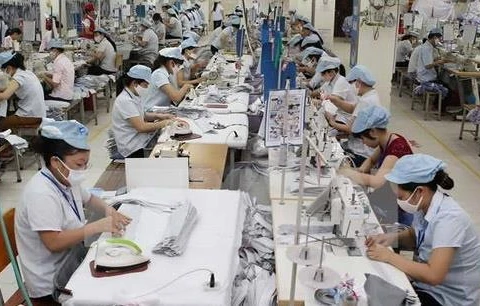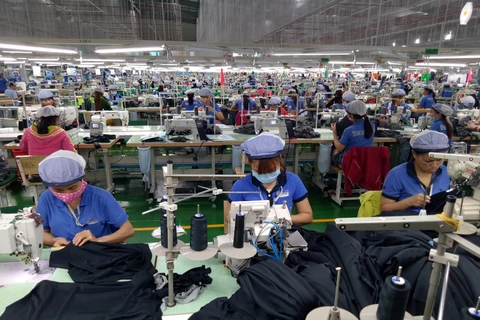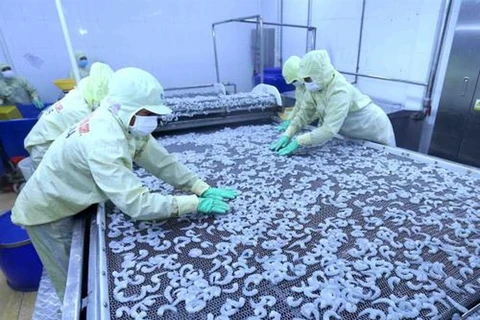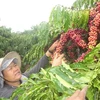Hanoi (VNA) – Vietnam has become increasingly appealing to large foreign investor groups in the textile and garment industry who want to seize opportunities before the Comprehensive and Progressive Agreement for Trans-Pacific Partnership (CPTPP) takes effect in January next year, according to analysts.
German-based Amann Group, one of the world’s top three leading producers of high-quality sewing and embroidery threads, is expanding its network to Vietnam with a new factory being constructed on a 45,000sq.m ground at Tam Thang Industrial Park in the central province of Quang Nam.
The new facility will be added to Amann’s existing network of factories in various countries across Asia, including Bangladesh, China, India, and Indonesia.
At the new production site, the group will produce around 2,300 tonnes of sewing threads per year, mainly for the manufacture of apparel and shoes.
The first phase of the project is scheduled to commence in late July of next year.
Kraig Biocraft Laboratories Inc., the US’ leading developer of spider silk-based yarn, is working with agricultural cooperatives in Quang Nam to expand mulberry production and develop high-performance silk in Vietnam.
The firm plans to set up a centre for research and development (R&D) of silk, as well as grow about 2,500ha of mulberry to support spider silk in the country.
According to Kraig Biocraft Laboratories, Vietnam is being chosen to scale up its spider silk commercialisation efforts in one of the firm’s strategic moves to further growth.
The domino effect created by FDI expansion in the textile and garment sector has also led to an increase in the number of foreign suppliers of machinery and equipment for the industry.
In June, ILLIES Vietnam – a member of the German C. ILLIES & Co. and also a leading distributor of industrial textiles machinery and equipment – announced it has expanded its portfolio in the spinning sector. It now provides machines and spare parts for short-staple yarn-spinning systems for the Rieter Group and the local textile market.
In the first quarter of 2019, the company will open a repair centre for mechanical and electrical parts of Rieter machines.
So far this year, the Vietnam Textile and Apparel Association (VITAS) has welcomed many foreign textile and garment producers visiting Vietnam to explore investment opportunities, said VITAS Vice President Truong Van Cam. More FDI projects will arrive in the country’s textiles sector in the coming years, Cam added.
Once new-generation free trade agreements (FTA), like the CPTPP and the EU-Vietnam FTA, enter into force, investment in the textile and garment industry will increase, offering a great opportunity for machinery suppliers like Rieter, said a representative of ILLIES Vietnam.
Statistics by the VITAS showed that a total of nearly 15.9 billion USD in FDI had been injected into more than 2,090 textile and garment projects in Vietnam by the end of last year. In the first half of 2018, the industry attracted another 2.8 billion USD in FDI.
The country is now among the leading exporters of textile and garments in Asia. Vietnam’s total textile and garment exports have experienced a 3.6-fold increase over the past decade, from 7.78 billion USD in 2007 to 31 billion USD in 2017. Last year’s figure represented 16 percent of the nation’s total export revenue.
This year, the sector expects to earn 35 billion USD from exports. –VNA
VNA























